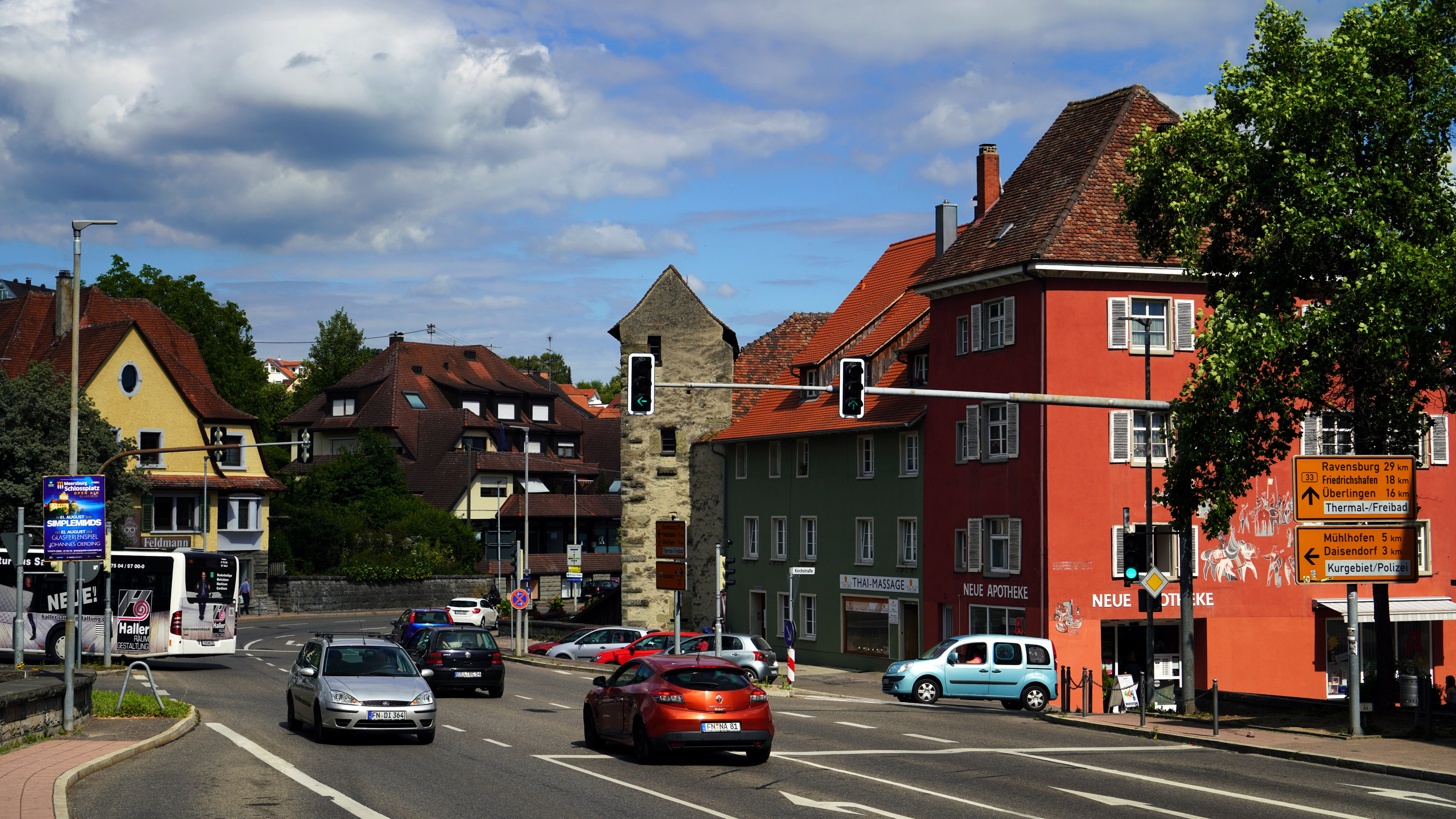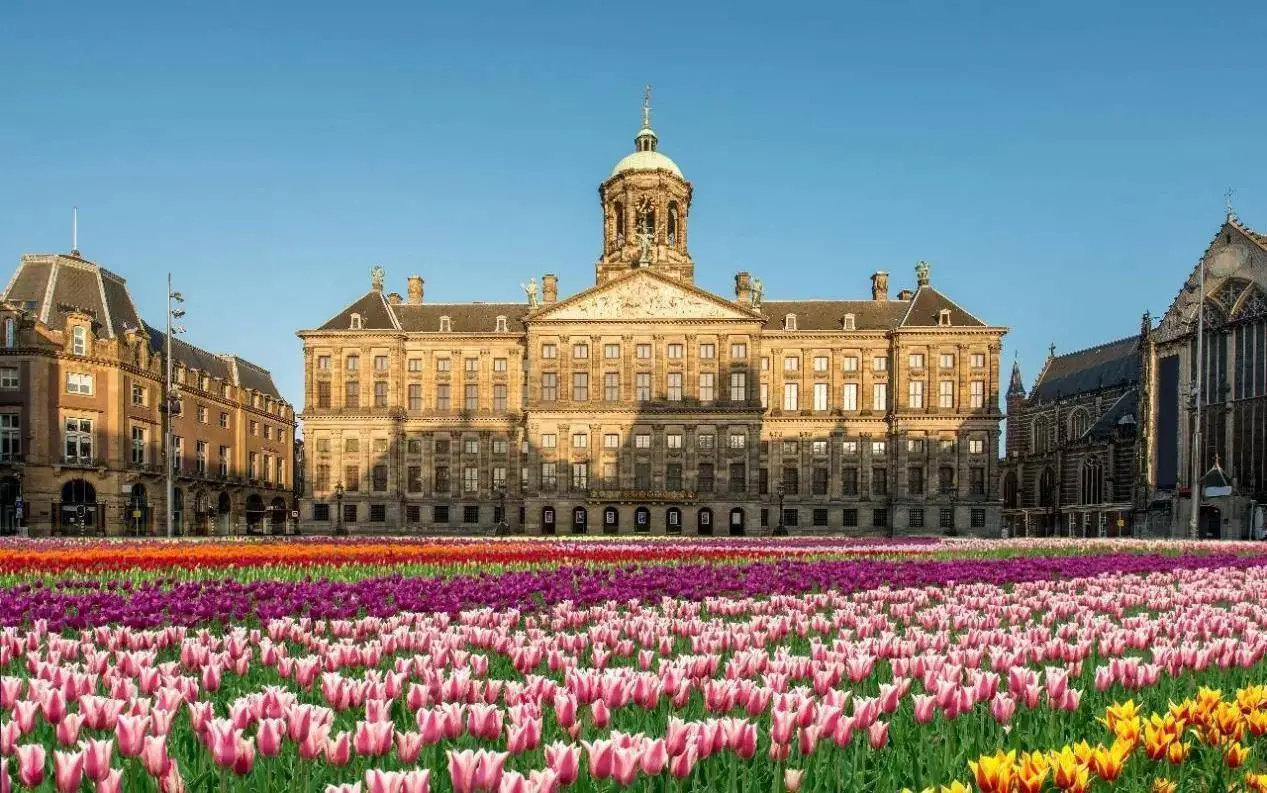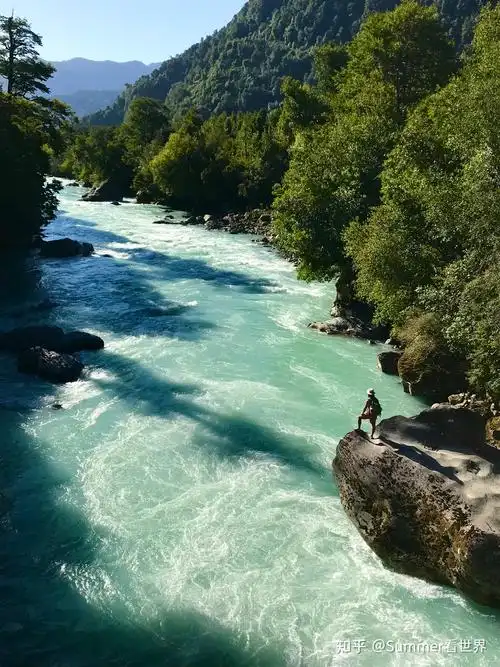Global Travel Information
Lake Victoria, Uganda/Kenya/Tanzania
Lake Victoria: The Heart of East Africa
Nestled between Uganda, Kenya, and Tanzania, Lake Victoria is not only the largest lake in Africa but also the second-largest freshwater lake in the world by surface area. Spanning approximately 68,800 square kilometers, this vast body of water is a lifeline for millions of people, a hub of biodiversity, and a cornerstone of regional economies. Its shores and waters are steeped in history, culture, and ecological significance, making it one of the most fascinating natural wonders of East Africa.
Geographical and Historical Significance
Lake Victoria, known locally as Nam Lolwe in Luo and Nyanza in some Bantu languages, was named by the British explorer John Hanning Speke in honor of Queen Victoria in 1858. However, the lake has been a central feature of East African life for millennia. It is the primary source of the Nile River, feeding the White Nile, which flows northward through Sudan and Egypt, sustaining civilizations along its path.
The lake’s basin is shared by three nations: Uganda to the north, Tanzania to the south, and Kenya to the east. Each country has developed unique cultural and economic ties to the lake, relying on it for transportation, fishing, agriculture, and tourism. Major cities such as Kisumu (Kenya), Mwanza (Tanzania), and Entebbe (Uganda) thrive along its shores, serving as bustling centers of trade and industry.
Ecological Diversity and Environmental Challenges
Lake Victoria is a hotspot of biodiversity, home to hundreds of fish species, many of which are endemic. The most famous of these is the Nile perch (Lates niloticus), a large predatory fish introduced in the 1950s that has since become both an economic boon and an ecological disaster. While the Nile perch supports a lucrative fishing industry, its introduction led to the decline or extinction of numerous native cichlid species, disrupting the lake’s delicate ecosystem.
The lake also hosts a variety of birdlife, including fish eagles, kingfishers, and herons, as well as mammals like hippos and otters. However, environmental pressures threaten this biodiversity. Pollution from agricultural runoff, industrial waste, and untreated sewage has led to eutrophication, causing algal blooms that deplete oxygen levels and harm aquatic life. Overfishing and illegal fishing practices further strain fish populations, while deforestation and wetland destruction along the shores exacerbate erosion and siltation.
Efforts to conserve Lake Victoria’s ecosystem are ongoing. The Lake Victoria Basin Commission (LVBC), an intergovernmental organization, works to promote sustainable development and environmental protection. Initiatives such as wetland restoration, pollution control, and community-based fisheries management aim to balance economic needs with ecological preservation.
Economic Importance: Fishing and Beyond
Fishing is the backbone of Lake Victoria’s economy, supporting over 3 million people directly and indirectly. The Nile perch and tilapia industries are major export earners, supplying markets in Europe, Asia, and the Middle East. Small-scale fishermen, often using traditional wooden boats and nets, coexist with industrial fishing operations, though competition for dwindling fish stocks sometimes leads to conflicts.
Beyond fishing, the lake facilitates regional trade and transportation. Ferries and cargo ships connect ports across Uganda, Kenya, and Tanzania, enabling the movement of goods such as coffee, tea, and manufactured products. However, transportation on the lake is not without risks; overcrowded ferries and unpredictable weather have led to tragic accidents in the past.
Agriculture also thrives around Lake Victoria, thanks to its fertile soils and reliable water supply. Farmers grow crops like maize, bananas, and sugarcane, while rice paddies flourish in the wetlands. The lake’s waters are increasingly used for irrigation, though this must be carefully managed to prevent over-extraction.
Cultural and Social Life
The communities surrounding Lake Victoria are as diverse as the lake itself. The Luo people of Kenya and Tanzania, the Baganda of Uganda, and numerous other ethnic groups have lived along its shores for generations, each with rich traditions tied to the water. Fishing villages, bustling markets, and vibrant festivals reflect the lake’s central role in daily life.
Music, dance, and storytelling often revolve around the lake’s mystique. The Luo, for instance, have songs celebrating their fishing heritage, while Ugandan folklore speaks of water spirits believed to inhabit the depths. The lake also inspires contemporary art and literature, serving as a symbol of both abundance and struggle.
Tourism and Recreation
For travelers, Lake Victoria offers a wealth of experiences. Birdwatching, boat cruises, and sport fishing attract nature enthusiasts, while historical sites like the Rubaga and Namirembe cathedrals in Kampala provide cultural insights. The Ssese Islands in Uganda, with their pristine beaches and lush forests, are a popular retreat, while Tanzania’s Rubondo Island National Park offers a unique blend of wildlife and lake scenery.
Eco-tourism initiatives are gaining traction, with community-run lodges and guided tours promoting sustainable travel. Visitors can learn about conservation efforts, participate in tree-planting projects, or simply enjoy the lake’s serene beauty at sunrise.
The Future of Lake Victoria
Despite its challenges, Lake Victoria remains a vital resource for East Africa. Balancing economic development with environmental sustainability is key to its future. Regional cooperation, innovative conservation strategies, and community engagement will determine whether the lake continues to thrive for generations to come.
As climate change brings unpredictable rainfall and rising temperatures, adaptive measures such as water-efficient farming and renewable energy projects will be crucial. The lake’s resilience—much like the resilience of the people who depend on it—offers hope that this great African treasure can endure.
Lake Victoria is more than just a body of water; it is a living, breathing entity that sustains ecosystems, economies, and cultures. Its story is one of interdependence, reminding us of the delicate balance between human progress and nature’s preservation. Whether through the lens of science, history, or daily life, the lake’s significance is undeniable—a true heart of East Africa.

相关文章
- Elbe River Botanical Gardens: Flowers & Plants Along the Banks
- Elbe River Zoos & Aquariums: Family Fun Near the River
- Elbe River Amusement Parks: Rides with River Views
- Elbe River Camping Spots: Pitch a Tent by the Water
- Elbe River Glamping Sites: Luxury Camping Along the Banks
- Elbe River RV Parks: Stay in Your Camper Near the River
- Elbe River B&Bs: Cozy Accommodations with a Personal Touch
- Elbe River Hostels: Budget Stays for Young Travelers
- Elbe River Business Travel Guide: Meetings & Events Near the Water
- Elbe River Conference Venues: Spaces with River Views
发表评论
评论列表
- 这篇文章还没有收到评论,赶紧来抢沙发吧~


